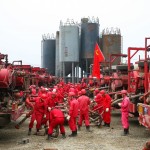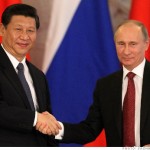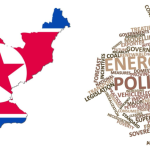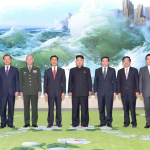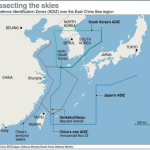
The successful development of shale gas extraction and production in North America has spread a positive outlook within the international energy community, which envisages that a great availability of gas in the next years will contribute to diversifying the energy mix, reducing emissions, and enhancing energy security. However, the emergence of the “shale revolution” is perceived as a serious energy threat by Russia, because it could severely affect its role as a major gas supplier. Thanks to the combination of LNG developments and shale gas production, a growing gas availability in global markets poses questions about the ability of Russia to keep gas exports to Europe at current levels and to develop the Eastern vector through growing gas exports to Asian markets.
Fabio Indeo holds a Ph.D in Geopolitics, Geostrategy and Geoeconomy at the University of Trieste (Italy). Currently he is EGS researcher and lecturer on “Conflicts and energy resources” at the Master in Peacekeeping and Security Studies (University of Roma Tre, Italy). His research fields are energy security, and geopolitics of pipelines and energy transport routes.


